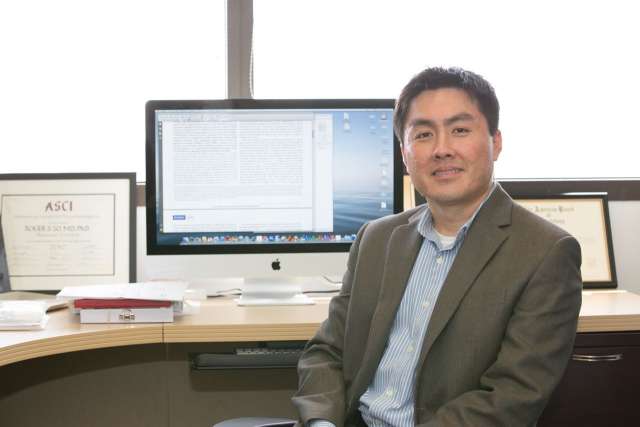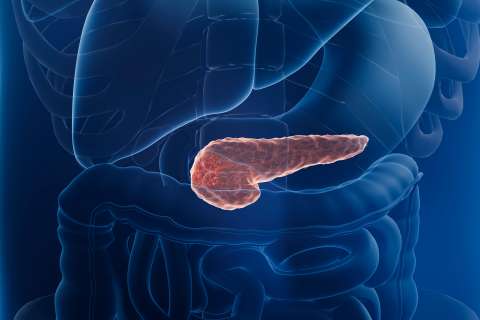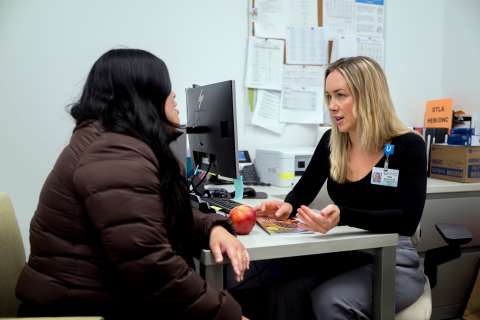Dr. Roger Lo, professor of medicine, dermatology and molecular & medical pharmacology at the David Geffen School of Medicine at UCLA, has received a $1 million “All-Star” grant from the V Foundation to develop strategies to prevent relapse in patients with advanced melanoma by targeting drug resistance before it takes root.
While many cancer treatments, including immune- and mutation-targeted therapies, can be highly effective at first, cancers often become resistant over time. This “acquired” resistance is driven by the cancer’s ability to alter its DNA and generate many permutations of its DNA.
In an individual patient or tumor, multiple escape pathways often contribute to relapse. Rather than trying to block all the escape pathways, Lo and his team aim to prevent resistance pathways from developing in the first place. To do so, the central goal is to block residual tumor cells, left unscathed by the therapies, from mutating their DNA and evolving escape pathways. Targeting the persisting tumor cells may prevent the leftover roots of cancer from evolving into trunks and branches.
The funding will support Lo’s research into so-called “persister” cancer cells, which are the small number of cells that survive initial treatment, lie dormant, and later evolve and proliferate into drug-resistant tumors. While many therapies can shrink tumors and bring patients into remission, these lingering cells often find ways to bypass treatment, leading to relapse months or even years later.
The team will anchor their studies initially on insights from analysis of patient-derived tumors collected over time to uncover how persister cells have changed and adapted. Using advanced genetic analysis of tumor samples from patients and preclinical models, they will test new therapeutic strategies designed to block cancer persisters’ ability to mutate and evolve.
“Our goal is to uncouple the word ‘relapse’ from ‘remission’ in people’s cancer journeys,” said Lo, who is also an investigator at the UCLA Health Jonsson Comprehensive Cancer Center. “This work has the potential to shift the way we treat advanced cancers, from reacting to relapses to actively preventing them.”
Previously, the V Foundation for Cancer Research has funded Dr. Lo translational cancer research in 2009, 2018 and 2023.




